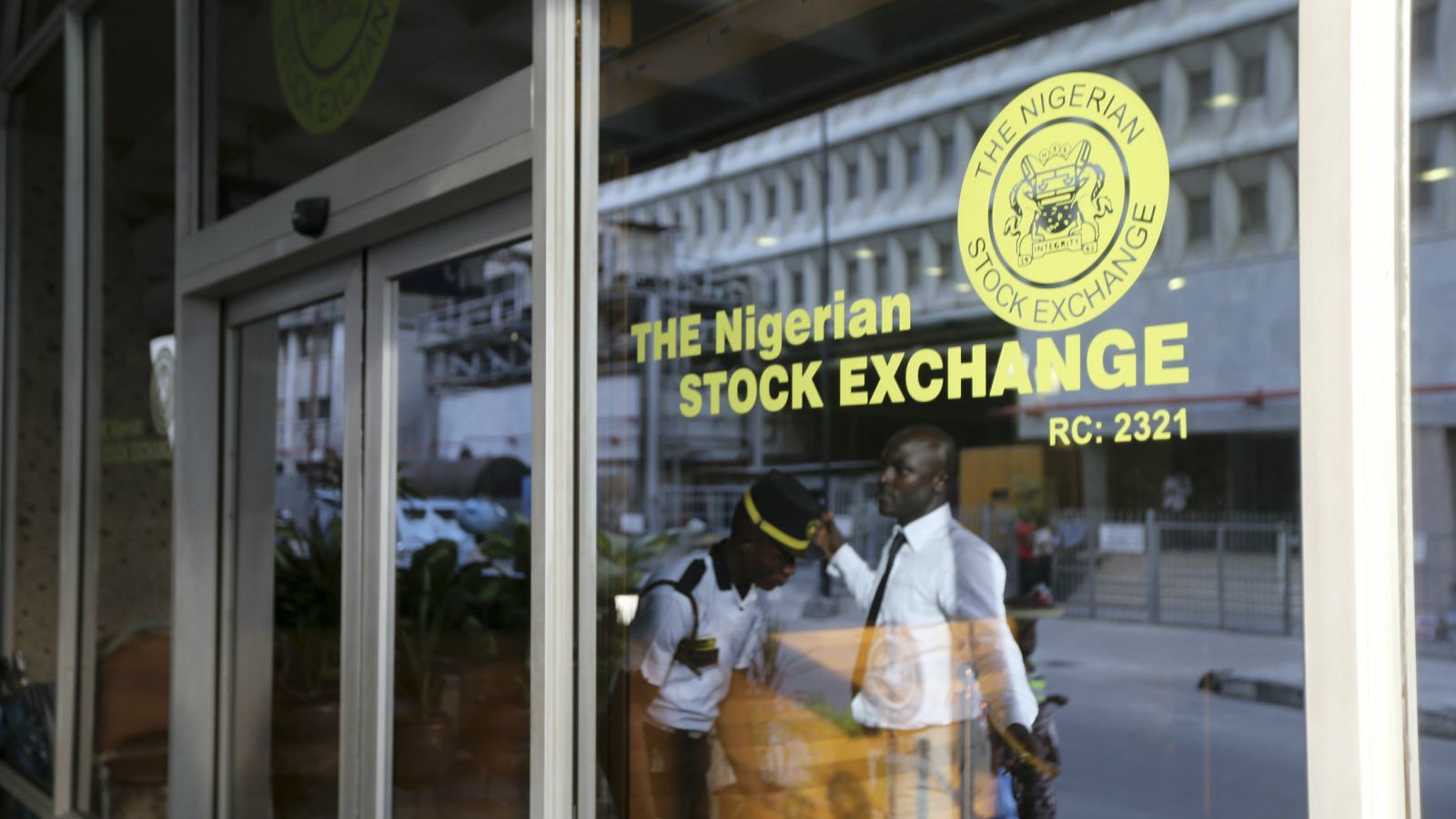- Ogunbanjo Emerges President of Nigerian Stock Exchange
The Nigerian Stock Exchange (NSE) on Monday elected Mr. Abimbola Ogunbanjo as the new president of national council of the exchange. He will take over from Mr. Aigboje Aig-Imoukhuede, who has served his three-year tenure.
Ogunbanjo was elected at the NSE’ national council meeting held immediately after its 56th annual general meeting(AGM) in Lagos.
Ogunbanjo joined the national council of the exchange in 2011 and has been the first vice president since 2014. He is currently the Managing Partner of the corporate law firm of Chris Ogunbanjo & Co. He is the chairman of the Demutualisation Advisory Committee of the NSE.
Also, Mr. Abubakar Mahmoud, President of the Nigerian Bar Association (NBA) and one of the founding partners of the law firm of Dikko & Mahmoud was elected as first vice president while Mrs. Catherine Echeozo, former Deputy Managing Director of Guaranty Trust Bank, was elected as second vice president.
Speaking after his election, Ogunbanjo assured that he would build on the achievements of the recent years, noting that taking the reins of leadership of the Exchange has been made easier by the transformational groundwork laid the council led by Aig-Imoukhuede.
“I have worked closely with my predecessor in pursuing our collective vision and building a world class exchange. Together with the other Council members I now look forward to the successful implementation of the transformative initiatives articulated in our 2018 – 2021 corporate strategy,” Ogunbanjo said.
In his speech, Chief Executive Officer, NSE, Mr. Oscar Onyema, commended Aig-Imoukhuede for his immense contributions, commitment and distinction in service.
According to him, Aig-Imoukhuede brought hands-on experience and business expertise to the council which contributed to the development of the exchange despite the harsh economic and policy environment that characterized his tenure.
“The election of Ogunbanjo brings continuity and ensures that the Exchange will continue to deliver on its strategic objectives. NSE has already benefitted greatly from his broad experience and his contributions as the first vice president of our council. I look forward to working closely with Mr. Ogunbanjo in our journey to becoming Africa’s foremost securities exchange,” Onyema said.
Onyema said that the NSE has demonstrated resilience through the economic and market downturn as investors reacted to prolonged macro-economic uncertainty.
“As at December 31 2016, the NSE’s total assets stood at N22.79 billion, with approximately N9.73billion, 43 per cent held in liquid assets and an accumulated fund of N19.31billion, to close the year with a sound liquidity position and strong balance sheet,” he said.
According to him, the exchange has delivered strong and broad-based results which strengthen its foundation for long-term prosperity and growth in the near-term.
“We will continue to adapt to stakeholder needs in the evolving business climate, developing innovative and diverse products that perform well in different market conditions, while maintaining a regulatory framework that engenders confident investors,” Onyema said.


 Forex3 weeks ago
Forex3 weeks ago
 Naira3 weeks ago
Naira3 weeks ago
 Billionaire Watch3 weeks ago
Billionaire Watch3 weeks ago



 Naira3 weeks ago
Naira3 weeks ago






 Naira3 weeks ago
Naira3 weeks ago




 Naira2 weeks ago
Naira2 weeks ago




 Naira4 weeks ago
Naira4 weeks ago






 Naira2 weeks ago
Naira2 weeks ago























